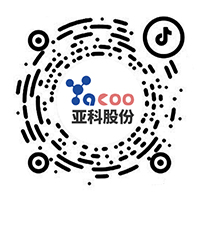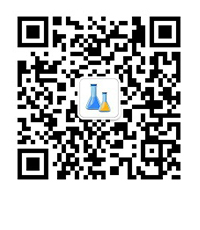Search Product
Structure Search
Search
Advantage Products
Location: Industrial Info
Enhanced intervention can be effective in the treatment of diabetes in short term
2017-03-21
来源:亚科官网
21 March 2017
Researchers from Canada have recently discovered a cure for diabetes in a short time. The study was published in the journal "The Journal of Clinical Endocrinology & Metabolism" by an article entitled "Piloting a Remission Strategy in Type 2 Diabetes: Results of a Randomized Controlled Trial".

Type 2 diabetes is chronic health problems due to that the human body can not effectively use insulin. According to the latest data from International Diabetes Federation (IDF), there were387 million diabetics around the world in 2014. Currently, more than 450 million people are suffering from diabetes worldwide, By 2035, the number of people with diabetes will increase by 55% to 600 million. In the world of diabetic patients, the vast majority of people suffering from type 2 diabetes. The disease can affect other parts of the body, causing retinopathy, kidney disease, neuropathy and coronary artery, cerebrovascular and peripheral vascular disease complications. It brings serious harm to the human body system and it is difficult to cure.
At present, we only can achieve the purpose of controlling the disease through drug treatment and healthy lifestyle. Oral hypoglycemic agents are mainly insulin secretion promoters (such as sulfadiazine and repaglinide), insulin sensitizers (such as biguanides and glitazones), and glucosidase inhibitors such as vildagliptin (Intermediate 3-amino-1-adamantanol). According to ACP’s latest guidelines, the old drug metformin is still the best drug for type 2 diabetes. Therefore, to find effective therapy for treatment of type 2 diabetes is imminent.
In this study, the researchers relieved the symptoms of diabetes through a short-term, high-intensity medical strategy. 83 patients with type 2 diabetes were randomly divided into three groups: (i) 8 weeks of intensive metabolic intervention, (ii) 16 weeks of intensive metabolic intervention, and (iii) standard diabetes care. In the intensive intervention period, not only the diet and other lifestyle of patients were strictly controled, the patients also took diabetes drugs metformin, acarbose and insulin glargine at the same time to achieve the purpose of weight loss and normal blood sugar. Diabetes drugs were then discontinued in the intervention groups and participants were followed for hyperglycemic relapse.
At 8 weeks, 50.0% of the 8-week intervention group versus 3.6% of controls achieved normoglycemia on therapy, and at 16 weeks, these percentages were 70.4% in the 16-week group and 3.6% in controls. Twelve weeks after completion of the intervention, 21.4% of the 8-week group compared to 10.7% of controls and 40.7% of the 16-week group compared to 14.3% of controls met HbA1C criteria for complete or partial diabetes remission. The findings suggest that type 2 diabetes may be treated in the short term. The researchers believe that this short-term treatment strategy may be used in the clinical treatment of patients with type 2 diabetes.
In this study, A short course of intensive lifestyle and drug therapy achieves on-treatment normoglycemia and promotes sustained weight loss. But whether it can achieve long-term drug-free diabetes remission also need further study. If feasible, this will be the beginning of overcoming diabetes.
Related Link: 3-amino-1-adamantanol
1,1-Dimethylbiguanide hydrochloride
1,1-Dimethylbiguanide hydrochloride
Edited by the Editorial Office of Suzhou Yacoo Science Co., Ltd.












